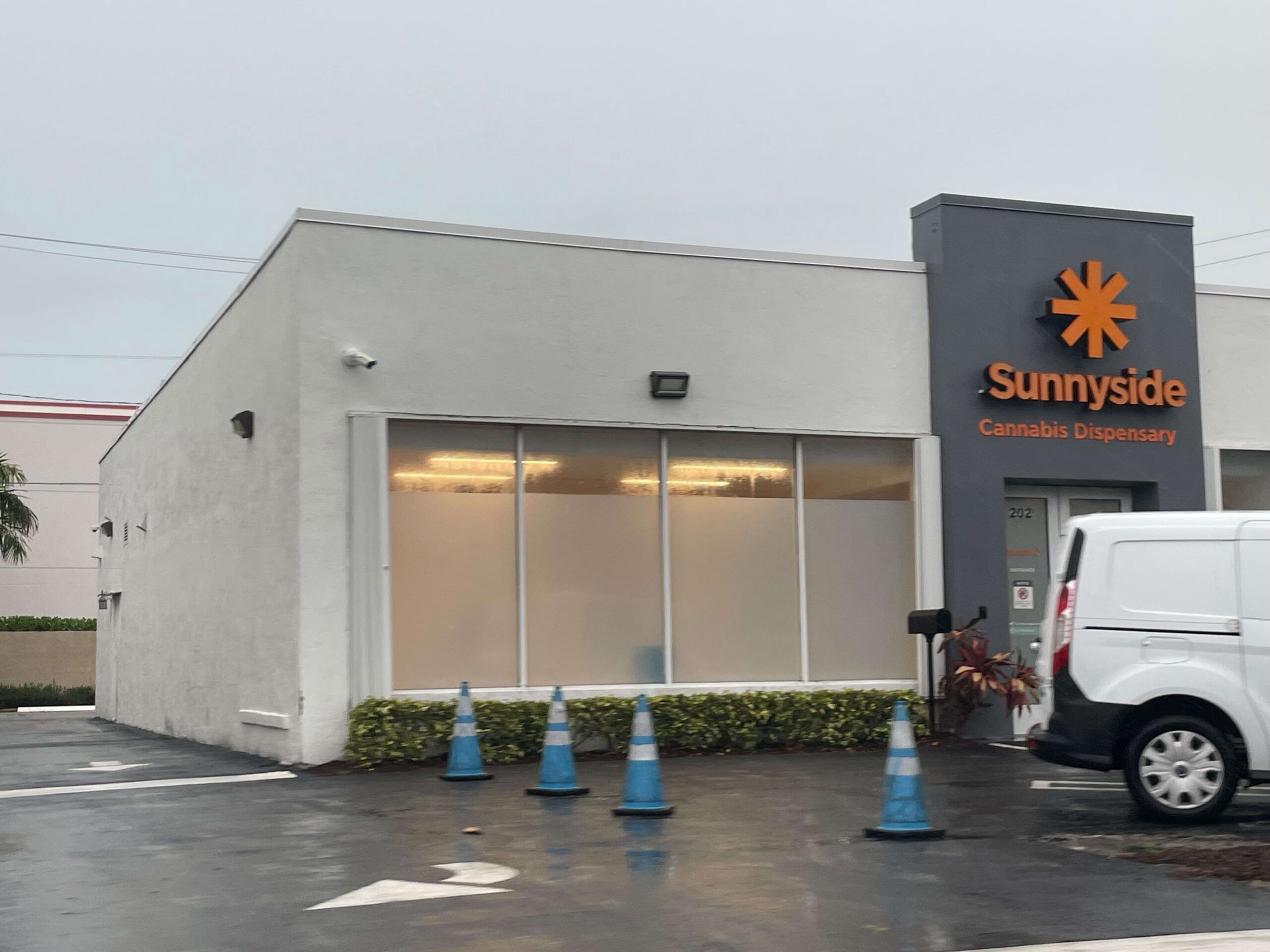Medical Cannabis: Life‑Changing Relief
Since voters overwhelmingly approved Amendment 2 in November 2016 (with ~71 percent support) to legalize medical marijuana, many locals report that the law has been transformative for those suffering from chronic conditions like cancer, PTSD, multiple sclerosis, and chronic pain. Access has steadily improved: though smokable forms were initially restricted, that ban was overturned in 2018, allowing patients more flexible delivery methods.
Floridians who rely on medical cannabis speak with conviction. In a 2025 survey of over 4,100 medical marijuana patients, nearly 91 percent supported legalizing recreational use—many citing personal relief as a reason. One longtime user exclaimed, “I’ve been waiting since the ’70s for this!” These voices reflect strong patient confidence in cannabis as therapeutic rather than recreational.
Still, challenges remain. Many rural areas lack dispensaries, making access difficult and costly—consultations and product costs can range from $50–150 per visit, depending on the dispensary and geographic location.
Recreational Cannabis: A Popular Concept, but Politically Divided
Public sentiment in Florida around recreational cannabis legalization has consistently favored reform:
- Multiple polls from the University of North Florida (UNF) show support hovering at 66–67 percent for Amendment 3—but only 56 percent voted “yes” in November 2024, falling short of the 60 percent supermajority threshold required by state law.
- A Florida Chamber of Commerce poll in early 2025 showed support dipping to 53 percent, indicating waning momentum following the failure at the ballot.
These national‑level survey numbers suggest broad acceptance—but opinions at voting sites were mixed. News coverage from Central Florida voting locations in 2024 revealed some skepticism rooted in concerns over monopolization and fairness, despite the campaign framing Amendment 3 as a personal‑freedom issue.
Politically, the debate was polarized: Governor Ron DeSantis and other Republican leaders opposed the amendment, arguing that it would benefit large medical cannabis companies more than Floridian families. They also warned of possible nuisance issues like widespread odor and corporate control of the market. Meanwhile, some prominent Republicans—including Florida resident Donald Trump—expressed support for the idea, though not uniformly.
With nearly 56 percent of voters backing it on Election Day, Amendment 3 clearly had majority support—but not enough to meet the supermajority threshold—and thus failed to become law in Florida as of November 5, 2024.
In the Words of Locals: Mixed Priorities, Emerging Trends
Elder patients and caregivers often prioritize medical access and express gratitude that Florida’s medical cannabis law was passed. Their stories underscore the significant impact on quality of life.
Younger adults and less symptomatic users, meanwhile, frequently support legalization on principle—highlighting civil liberties, perceived racial injustice in enforcement, and frustration that the existing market is limited to industry insiders.
Some long‑time residents voice caution: even supporters cite fears about corporate control by existing licensed operators or market monopolies, and worry that legal cannabis might not fulfill small-scale entrepreneurial opportunity for locals.
Meanwhile, opposition voices often raise concerns about unintended consequences: public nuisance, the campaign’s heavy backing by companies like Trulieve, and the state’s trigger‑happy constitutional amendment rules. Many felt that the messaging by leaders like Gov. DeSantis resonated with voters enough to hold the “no” side just above 40 percent.
What’s Next: Toward 2026?
Despite the failure of Amendment 3 in 2024, conversations continue. UNF’s 2025 poll still shows two‑thirds support for legalization, and proponents are expected to place another initiative on the 2026 ballot—and perhaps refine messaging to address concerns raised by anti‑legalization campaigns. Anti‑legalization groups, meanwhile, are shifting strategy—framing reform as corporate greed versus people’s freedom rather than focusing on fears about youth or crime.
Conclusion
Florida locals hold a range of views: medical cannabis enjoys broad and heartfelt support, especially among patients. Recreational marijuana is also supported by a majority—but deep concerns remain about corporate influence, regulatory fairness, and public impact. The 2024 failure of Amendment 3 demonstrated that while support is strong, the 60 percent super-majority hurdle remains a formidable barrier.
As 2026 approaches, advocacy groups will likely recalibrate efforts—possibly crafting messaging that better balances business, equity, and community concerns, while convincing skeptical voters that legalization can serve Florida’s interests without undermining them.


